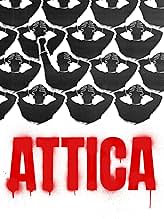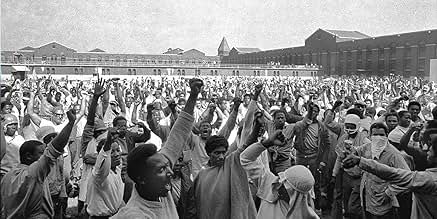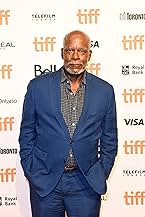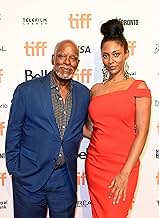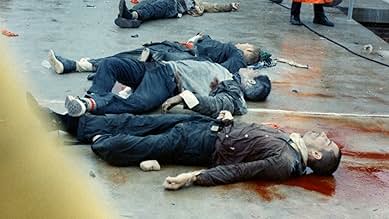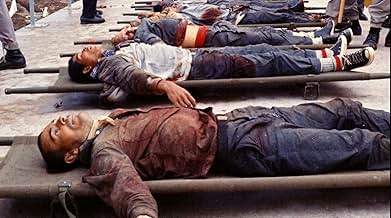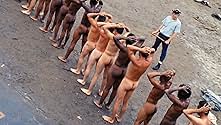Una inmersión vívida en el levantamiento de 1971 del director ganador del Emmy, Stanley Nelson, que destaca la violencia y el racismo perdurables del sistema penitenciario y la necesidad urg... Leer todoUna inmersión vívida en el levantamiento de 1971 del director ganador del Emmy, Stanley Nelson, que destaca la violencia y el racismo perdurables del sistema penitenciario y la necesidad urgente y continua de una reforma 50 años después.Una inmersión vívida en el levantamiento de 1971 del director ganador del Emmy, Stanley Nelson, que destaca la violencia y el racismo perdurables del sistema penitenciario y la necesidad urgente y continua de una reforma 50 años después.
- Dirección
- Guión
- Reparto principal
- Nominado para 1 premio Óscar
- 2 premios y 14 nominaciones en total
Reseñas destacadas
Anyone who imagines that prison is an appropriate or safe place for ANYONE, is delusional.
And anyone who imagines that the US had or has a functioning democracy, should know that the NY governor, Nelson Rockefeller, failed to act and is directly responsible for the deaths and injuries caused by the riot. He could have prevented them.
But Rockefeller wanted to run for the GOP nomination for President and could NOT afford to look soft on crime, so he ignored the crisis to achieve that.
He gets a pass in history books as relatively warm and fuzzy but he was a neo fascist, just like Nixon / Reagan / the Bushs / Trump.
Couple of comments: this is the latest from Emmy-winning and veteran documentarian Stanley Nelson ("Freedom Riders"). The documentary opens with talking heads, as there wasn't archive footage of the situation until local (and later national) TV stations started covering the events. When watching a documentary like this, there are 2 separate aspects: the underlying events giving rise to the documentary, and whether the documentary itself is any good. As to the underlying event, let's be clear: this is unbridled white power abuse (and worse), pure and simple. If you object to the term "white power", well it's actually uttered by a New York state trooper at the Attica scene, right then and there, with a smirk on his face and without any awareness that, you know, this may not be the best thing to say out loud. But no, he doesn't care one bit. One might expect such scenes to come from the South African apartheid regime, but this really happened right here in the US, a mere 50 years ago. As to the documentary itself: the initial 90 min cannot prepare you for what you will see in the last 30 min of the film. Nelson and his team have painstakingly gone through the archive TV and film footage, and it is a veritable treasure trove on one of the most sickening events in the modern history of this country.
"Attica" premiered at the Toronto International Film Festival on 9-9-21, exactly 50 years after the Attica prison riot started, to immediate critical acclaim. The documentary recently premiered on Showtime, and is now available on SHO On Demand (where I saw it), Amazon Instant Video and other streaming platforms. If you need a reminder as to how unbridled white power has functioned in US history, you can do a lot worse than seeing this documentary, Of course, don't take my word for it and hence I urge you to seek out this film, and draw your own conclusion.
¿Sabías que...?
- CuriosidadesIn 2022, the film was selected for preservation in the National Film Registry by the Library of Congress as being "culturally, historically, or aesthetically significant".
- Citas
Self -- Former Attica Prisoner: You either shut your mouth, or you were in big trouble. Some people died. Some were crippled. Some were psychologically damaged for life. And, uh, it was a bad place to be.
- Créditos adicionalesEnd credit title card #1: "29 prisoners and 10 hostages died in the assault on Attica prison. All were killed by law enforcement."
- ConexionesFeatured in The Oscars (2022)
Selecciones populares
- How long is Attica?Con tecnología de Alexa
Detalles
- Duración
- 1h 56min(116 min)
- Color
- Relación de aspecto
- 1.78 : 1


